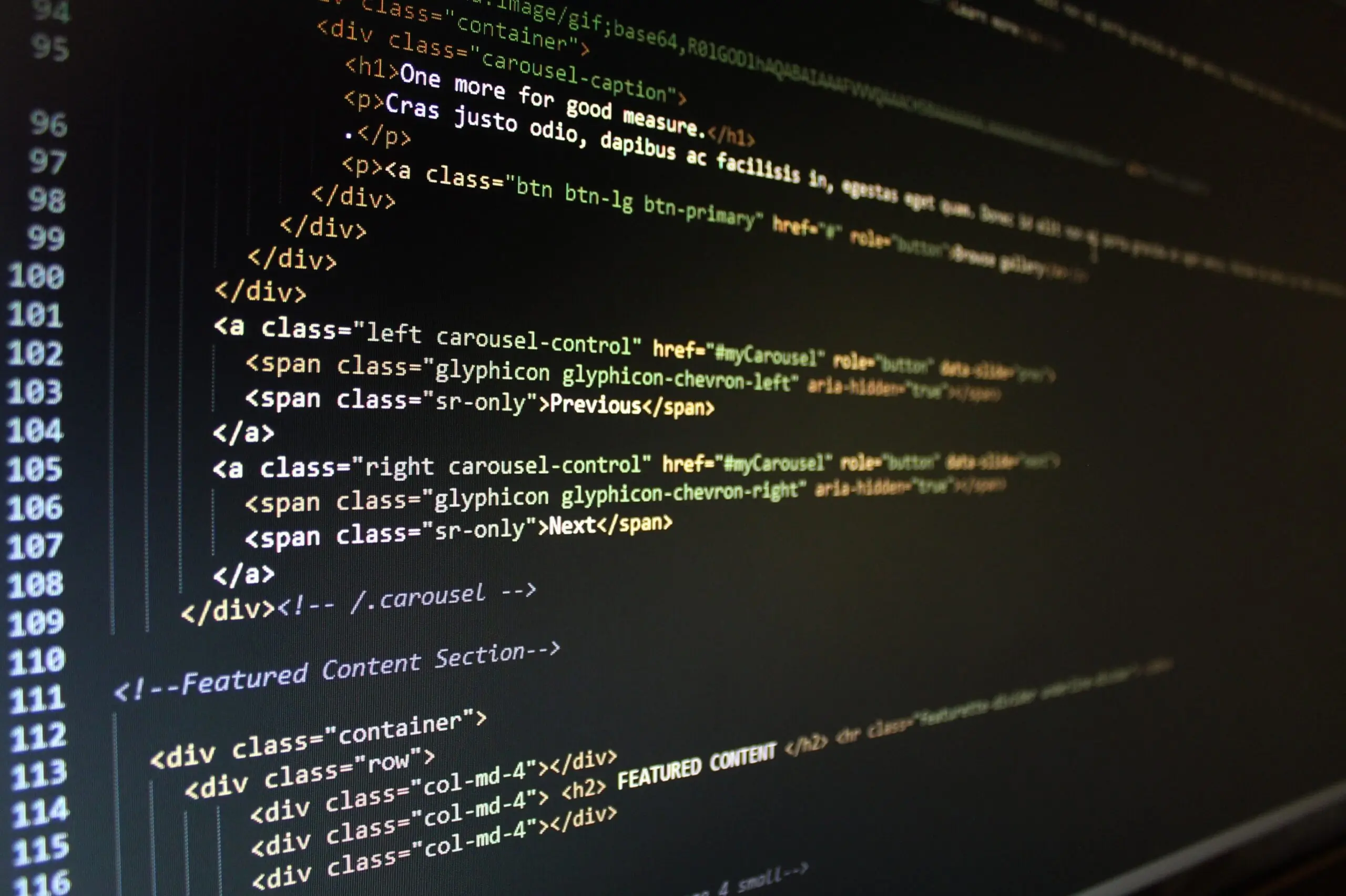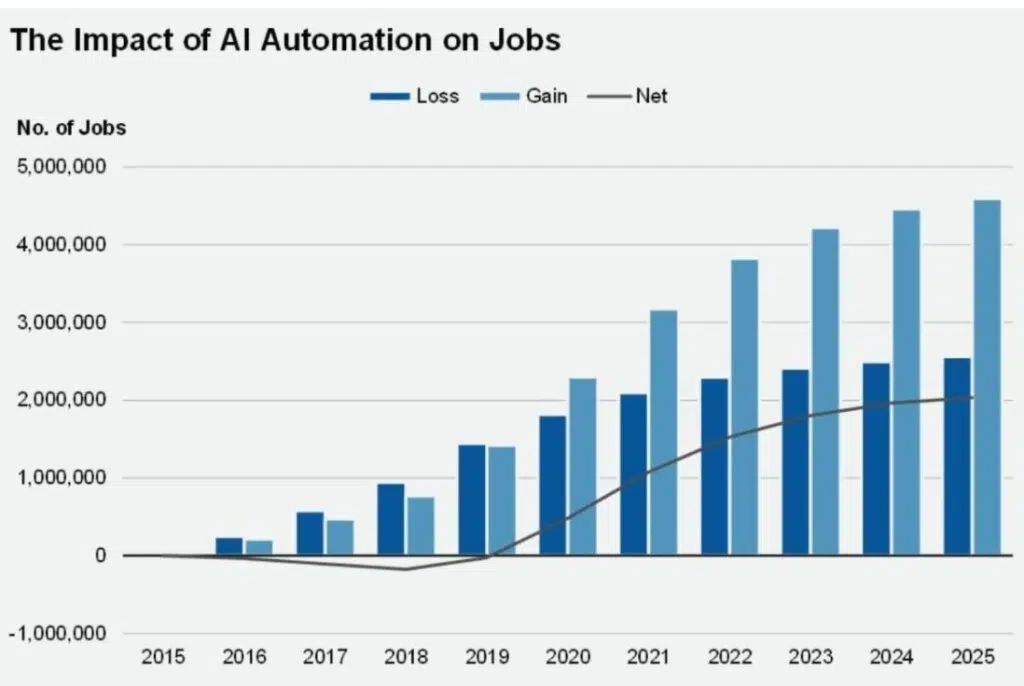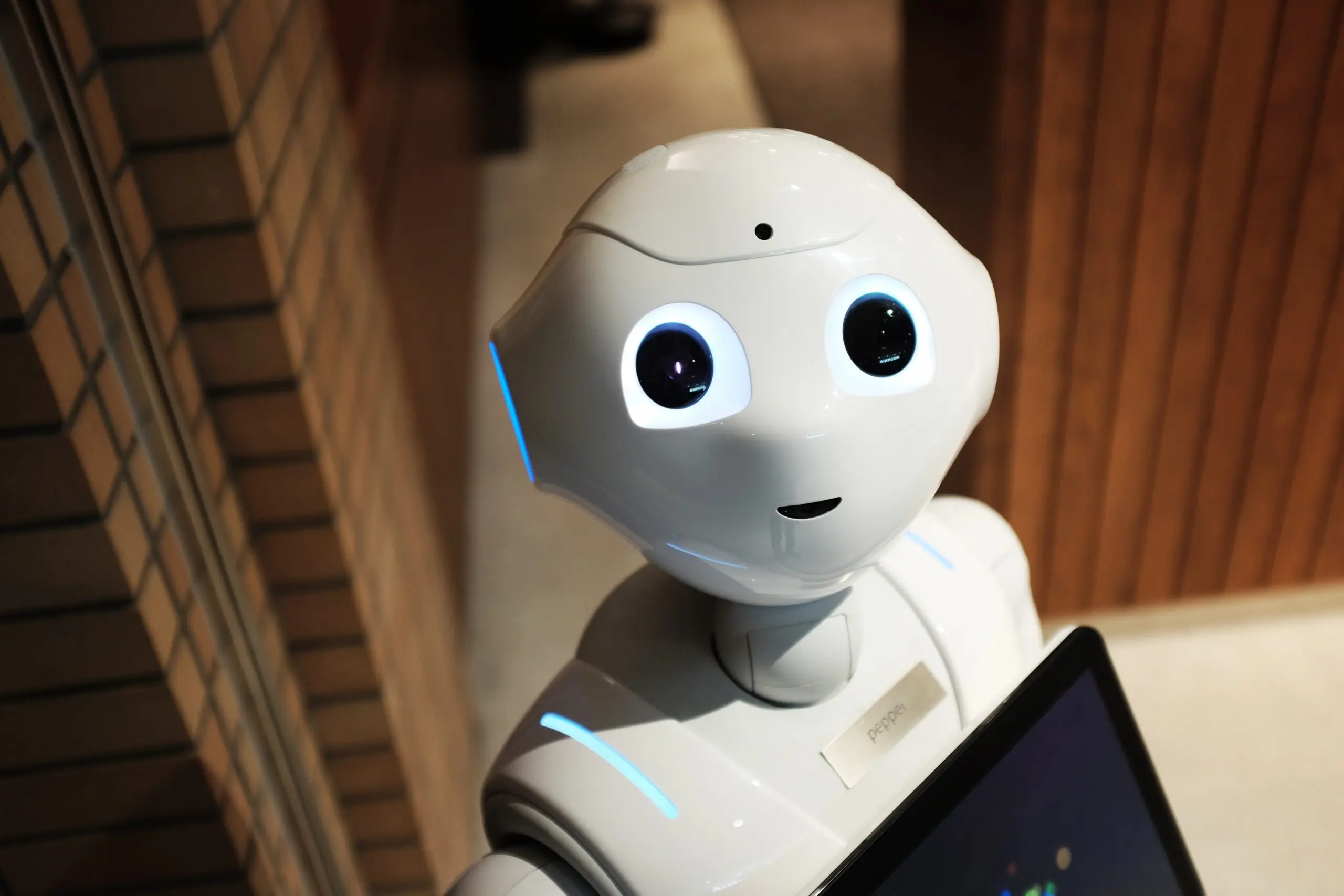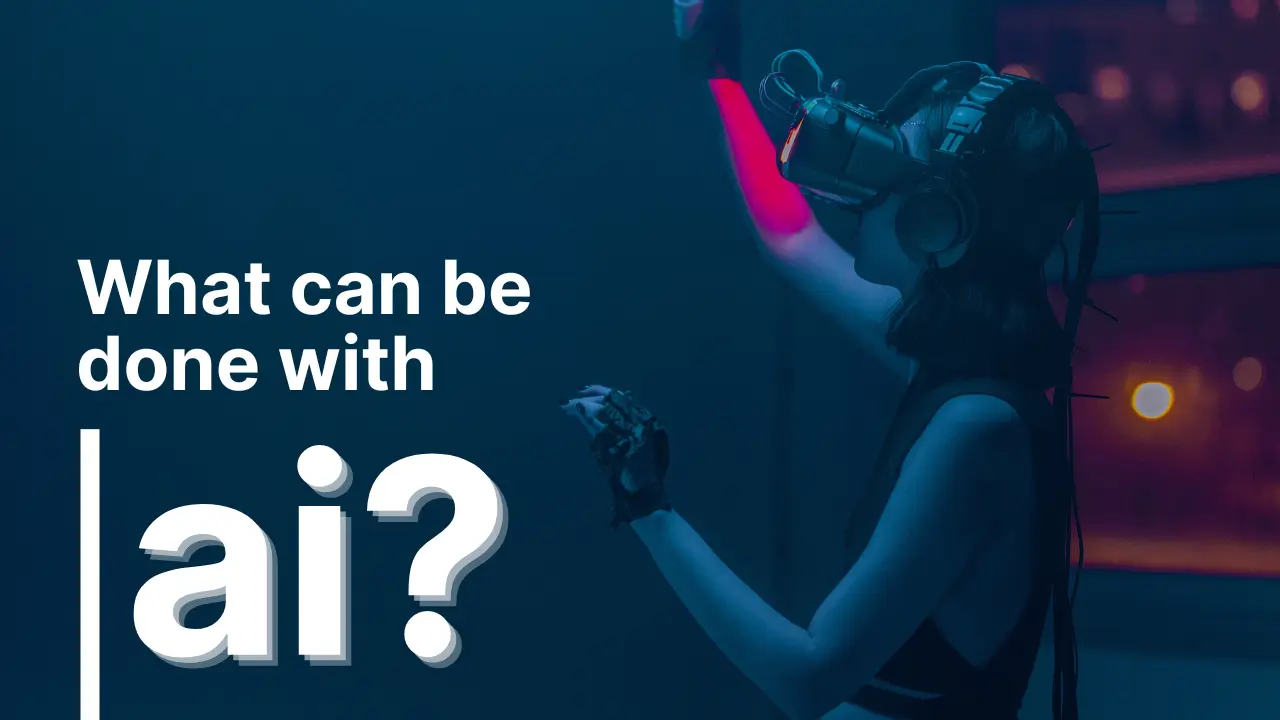Will AI and Automation Lead to Job Losses?

In recent years, the advancements in artificial intelligence (AI) and automation have sparked debates and concerns about their impact on employment. As technology continues to advance at a rapid pace, there is a growing fear that AI and automation will lead to widespread job losses. In this article, we will delve into the topic and explore the potential consequences of (AI and automation) on the job market.
Introduction
The introduction of AI and automation technologies has revolutionized various industries, making processes faster, more efficient, and increasingly autonomous. However, this progress has raised questions about the potential displacement of human workers. To gain a comprehensive understanding, let’s first explore the concept of AI and automation.
Understanding AI and Automation
AI refers to the development of computer systems capable of performing tasks that typically require human intelligence. These systems can learn, reason, and make decisions independently, often based on extensive data analysis. Automation, on the other hand, involves the use of technology to perform tasks without human intervention, Will (AI and Automation) Lead to Job Losses?
Discover The Future of Work: AI and Automation in the Workplace

The Impact of AI and Automation on Jobs
Job Losses in Traditional Industries
One of the concerns surrounding AI and automation is the potential for job losses in traditional industries. As technology takes over repetitive, rule-based tasks, there is a risk that certain jobs may become obsolete. For example, once labor-intensive manufacturing processes have now been largely automated, leading to a decrease in manual labor jobs.
Job Creation in Emerging Industries
While job losses are a valid concern, it is important to recognize that AI and automation also have the potential to create new job opportunities. Emerging industries, such as data science, machine learning, and robotics, are experiencing significant growth, requiring skilled professionals to develop, implement, and maintain these technologies.
Reskilling and Upskilling for the Future
To adapt to the changing landscape, reskilling and upskilling programs become crucial. As certain jobs become automated, workers can undergo training programs to acquire new skills and transition into roles that complement AI and automation. This approach allows individuals to remain competitive in the job market and even leverage AI and automation to enhance their productivity.
The Changing Nature of Work
The integration of AI and automation is reshaping the nature of work. Routine and repetitive tasks are being automated, enabling humans to focus on more complex and creative endeavors. This shift necessitates a change in skill sets, emphasizing critical thinking, problem-solving, and adaptability, as these are areas where humans still hold an advantage over machines, Will AI and Automation Lead to Job Losses?
AI and Automation as Productivity Tools
Rather than solely viewing AI and automation as job-replacing technologies, they can be seen as productivity-enhancing tools. By automating certain tasks, workers can dedicate their time and energy to more value-added activities, leading to increased efficiency, innovation, and overall productivity in organizations.
Ethical Considerations and Human Intervention
Ethical considerations play a vital role in developing and deploying AI and automation. While these technologies offer immense potential, it is crucial to ensure they are designed and used responsibly. Human intervention and oversight remain essential to address potential biases and ethical dilemmas, and to ensure that the decisions made by AI systems align with human values.
The Role of AI and Automation in Enhancing Jobs
Contrary to the belief that AI and automation will solely replace jobs, they can also enhance existing job roles. For instance, AI-powered tools can assist professionals in data analysis, decision-making, and customer service, augmenting their capabilities and allowing them to provide more personalized and efficient services.
Overcoming Resistance and Embracing Change
The fear of job losses can create resistance to AI and automation implementation. However, history has shown that technological advancements often lead to new opportunities and improved living standards. To overcome resistance, it is essential to foster a culture of continuous learning, provide support for reskilling initiatives, and promote open dialogue about the future of work.
The Importance of Human Skills
While AI and automation technologies continue to advance, certain skills remain uniquely human and highly valuable in the workforce. Soft skills, including creativity, emotional intelligence, and complex problem-solving, are difficult to replicate by machines. Cultivating these skills will become increasingly important to thrive in a world where AI and automation are prevalent.
Future Predictions and Possibilities
The future impact of AI and automation on jobs remains uncertain. While some jobs may become obsolete, new roles will emerge, necessitating different skill sets. The ability to adapt to new technologies and embrace lifelong learning will be crucial for individuals to navigate the changing job market successfully. Collaboration between humans and machines holds the potential for transformative innovations and new areas of economic growth.
Conclusion
In conclusion, the integration of AI and automation undoubtedly brings changes to the job market. While concerns about job losses are valid, it is crucial to recognize the potential for new job creation and the enhancement of existing roles. Reskilling and upskilling initiatives, along with a focus on developing uniquely human skills, will be key in ensuring individuals can embrace the opportunities presented by AI and automation.
FAQs
Q1: Will AI and automation eliminate all jobs?
No, while certain jobs may become automated, new job opportunities will arise, especially in emerging industries related to AI, data science, and robotics.
Q2: How can individuals prepare for the impact of AI and automation on jobs?
Individuals can prepare by engaging in reskilling and upskilling programs, cultivating soft skills, and staying adaptable to the changing job market.
Q3: Are there any ethical concerns surrounding AI and automation?
Yes, ethical considerations are crucial in the development and use of AI and automation technologies to address biases, ensure transparency, and align decisions with human values.
Q4: Will AI and automation improve productivity in organizations?
Yes, AI and automation can enhance productivity by automating routine tasks, allowing humans to focus on more complex and value-added activities.
Q5: What is the future of AI and automation in the job market?
The future impact of AI and automation remains uncertain, but collaboration between humans and machines is expected to drive transformative innovations and economic growth.







3 Comments